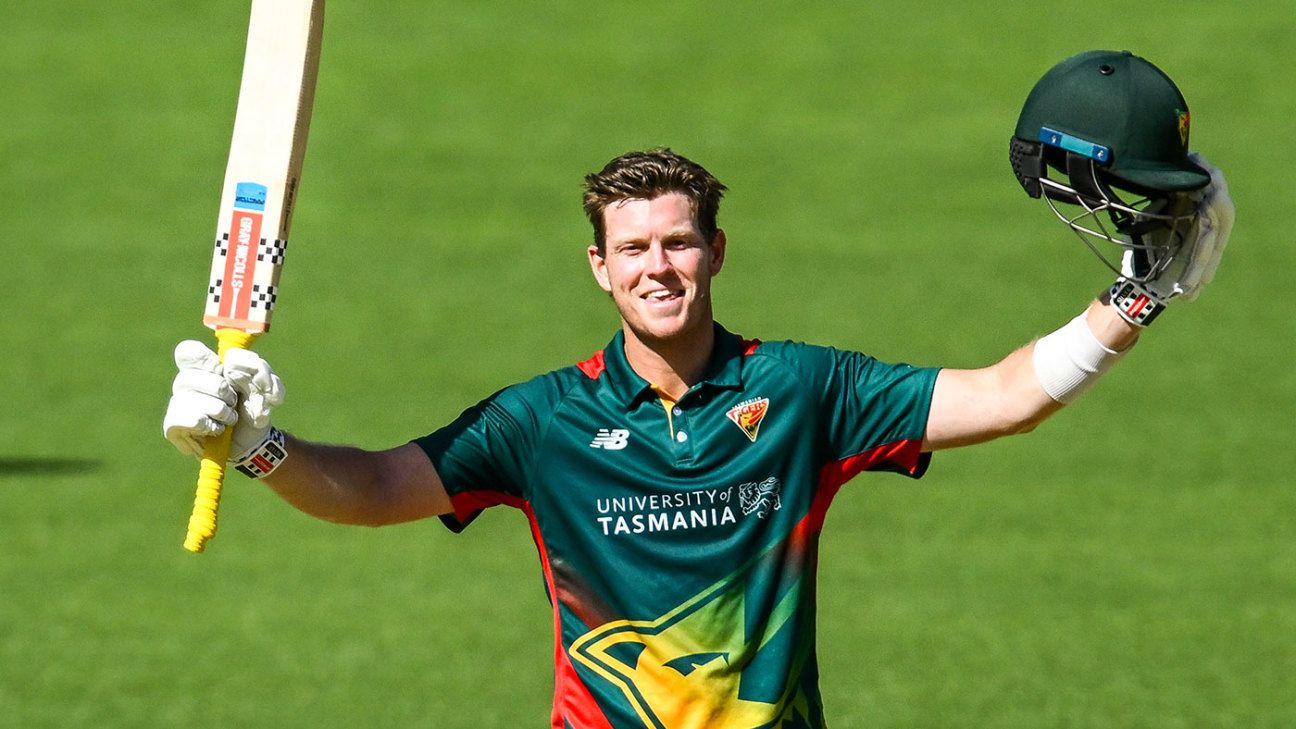MUMBAI: The Environment Department is set to develop a comprehensive plan to prevent sewage from contaminating rivers and lakes while promoting the reuse of polluted water. Additionally, a technical cell will be established to implement innovative technologies for pollution control in municipal and metropolitan areas, announced Environment minister Pankaja Munde.
She was speaking at a one-day conference on “Municipal Wastewater Management Gaps, Sustainability, and the Way Forward,” organized jointly by the Department of Environment and Climate Change, Maharashtra Pollution Control Board (MPCB), and IIT Powai. The event focused on sustainable sewage management in municipal corporations and local self-governing bodies.
The event was attended by K.H. Govindrao, Principal Secretary of Urban Development (2) Department, Dr. Avinash Dhakne, Member Secretary of MPCB, Prof. Munesh Kumar Chandel and Prof. Anil Kumar Dixit from IIT Powai, as well as pollution control officers and technical experts from municipal corporations across Maharashtra.
Need for a systematic approach to pollution control
Minister Pankaja Munde highlighted that large volumes of untreated sewage from village panchayats, municipal corporations, and metropolitan areas directly enter rivers, causing significant environmental and health concerns. To tackle this issue, the Environment Department will prepare a strategic and technical plan for river and lake conservation. Furthermore, a dedicated technical cell will be set up to provide training and awareness programs for local governing bodies on innovative wastewater management technologies.
She also stressed that pesticides used in agriculture contribute to water pollution. To mitigate this, a collaborative approach between various government departments is necessary to ensure strict pollution control measures. This includes public awareness campaigns, legal actions where required, and enforcement of environmental regulations. She urged citizens to actively participate in environmental protection, emphasizing that sustainable efforts today will ensure a healthier future for coming generations.
Promoting Sustainable wastewater management
Principal Secretary K.H. Govindrao highlighted that untreated sewage often contaminates drinking water sources. He suggested that if sewage could be treated and reused locally, pollution levels could be significantly reduced. He emphasized the need for wastewater treatment plants, awareness campaigns, and interdepartmental cooperation to address this challenge effectively.
MPCB Member Secretary Dr. Avinash Dhakne presented a detailed assessment of the current state of water pollution in Maharashtra’s municipal areas. Experts like Dr. Rakesh Kumar from Indore and Prof. Anil Kumar from IIT Bombay discussed natural pollution control methods.
Experts also presented insights on “Strengthening Infrastructure for Polluted Water Purification,” with contributions from Prof. Brijesh Dubey (IIT Kharagpur), Tanmay Kamble (Maharashtra Jeevan Pradhikaran), and Kailas Shirodkar (Eco Environment Practice). Officials from Mumbai, Konkan, Western Maharashtra, North Maharashtra, Marathwada, and Vidarbha shared success stories of innovative pollution control initiatives.
Navi Mumbai Municipal Commissioner Dr. Kailas Shinde gave a presentation on “Sustainable Solutions for Clean Water.”
This workshop provided a valuable platform for knowledge exchange and collaboration, aiming to implement innovative and sustainable solutions for wastewater management across Maharashtra.






